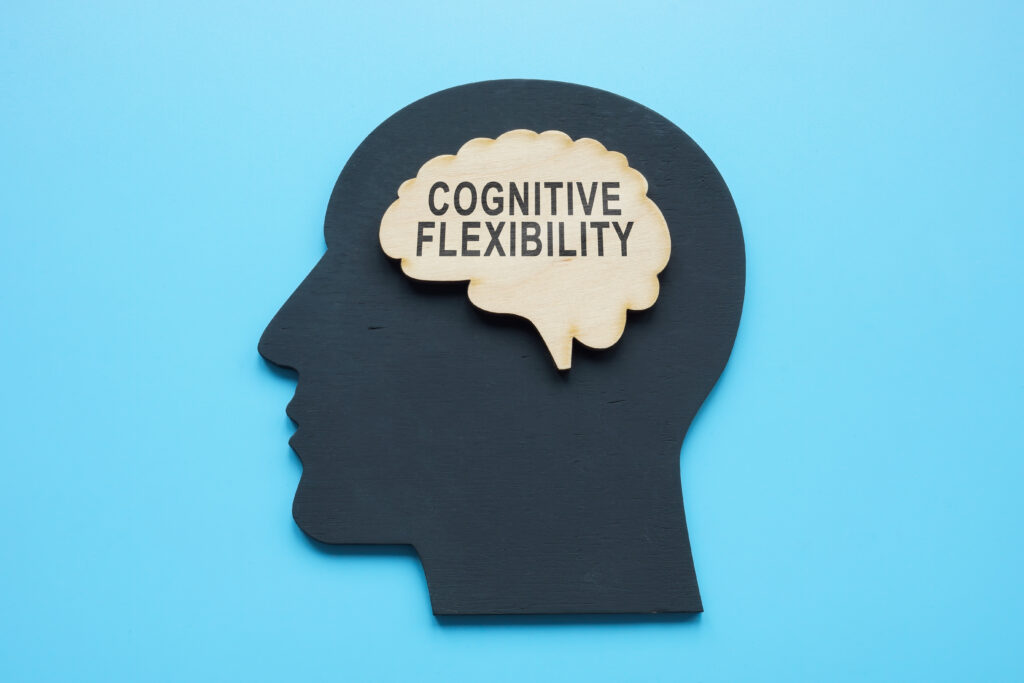With the rapid advancements in technology and the growing population of older adults, the concept of futuristic smart cities has gained significant attention. These cities are designed to harness technology and data to improve the quality of life for its citizens. One area that could greatly benefit from this concept is dementia care. Dementia is a chronic condition that affects millions of people worldwide, and as we continue to age, the prevalence of this disease is only expected to increase. However, with the incorporation of smart technology, these cities could potentially eliminate triggers that contribute to the development and progression of dementia.
Before delving into how futuristic smart cities could achieve this, it is crucial to understand what triggers dementia. Dementia is a broad term used to describe a set of symptoms that affect cognitive function, including memory loss, impaired thinking, and difficulty with daily tasks. The most common cause of dementia is Alzheimer’s disease, accounting for 60-80% of cases. Other causes include vascular dementia, Lewy body dementia, and frontotemporal dementia.
Research has shown that various environmental and lifestyle factors can contribute to the development and progression of dementia. These triggers include air pollution, noise pollution, social isolation, and lack of physical and mental stimulation. As our cities continue to grow and urbanization increases, these triggers become more prevalent, making it challenging to prevent or manage dementia.
This is where futuristic smart cities come into play. These cities use technology, such as artificial intelligence (AI), Internet of Things (IoT), and Big Data, to collect and analyze vast amounts of data. By doing so, they can create an interconnected network of systems that can be leveraged to improve the lives of citizens.
One way that smart cities could tackle dementia triggers is through air pollution control. Air pollution has been linked to various health issues, including respiratory problems and cardiovascular diseases. Recent studies have also shown a correlation between air pollution exposure and increased risk of dementia. Smart cities can use sensors to monitor air quality in real-time and take appropriate measures to reduce pollution levels, such as implementing eco-friendly transport systems and encouraging green spaces.
Another trigger that could be addressed is noise pollution. A study published in The Lancet found that long-term exposure to noise pollution is linked to an increased risk of Alzheimer’s disease and other forms of dementia. Smart cities could use AI-powered sound sensors to monitor and reduce noise levels, creating a more peaceful and conducive environment for residents.
Social isolation is another factor that can contribute to the development of dementia. As we continue to urbanize, people are becoming increasingly disconnected from their communities, leading to feelings of loneliness and isolation. Smart cities can use technology to promote social connections by creating digital platforms for residents to engage with one another, organizing community events and activities, and providing virtual support networks for seniors.
Moreover, these cities could also offer tailored mental and physical stimulation programs for older adults. Studies have shown that staying mentally and physically active can help delay the onset of dementia symptoms. Smart cities could provide tools such as virtual reality (VR) and augmented reality (AR) experiences, cognitive training apps, and fitness trackers to encourage and monitor residents’ engagement in these activities.
Additionally, smart cities could utilize data to improve the overall healthcare system, making it more accessible and efficient for people with dementia. By collecting and analyzing data on individuals’ health, these cities can identify patterns and potential risk factors for dementia, allowing for early detection and intervention. They could also use data to monitor medication adherence and track lifestyle habits, providing personalized care plans for individuals with dementia.
In conclusion, futuristic smart cities have the potential to greatly impact dementia care by eliminating triggers that contribute to the development and progression of this disease. By using technology and data, these cities can create an environment that promotes physical and mental well-being, reduces exposure to environmental pollutants, and fosters social connections. As we continue to move towards a more technologically advanced world, integrating smart technology into our cities could help improve the lives of millions of people affected by dementia.


